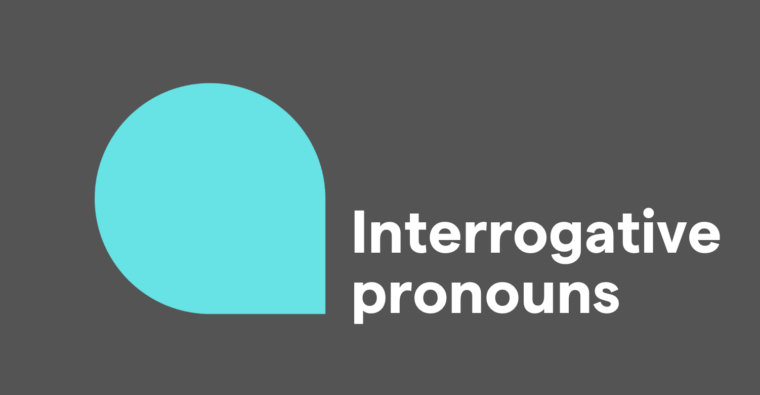
The English language is a fascinating puzzle. It’s filled with rules, exceptions, and everything in between.
One such rule is the “i before e, except after c” rule. It’s a handy guide for spelling words that use both i and e.
But like any rule, it has exceptions. Some words don’t follow this rule, making English spelling a bit tricky.
In this article, we’ll explore:
- Understanding the “i before e, except after c” rule
- The origin and reason behind the rule
- Common words that follow the rule
- Exceptions to the rule
- Ways of keeping the rule straight
Whether you’re a language learner, a teacher, or just a curious reader, this guide will help you navigate the complexities of English spelling. Let’s dive in!
Understanding the “i before e, except after c” rule
The “i before e, except after c” rule is a mnemonic device. It helps us remember how to spell certain words in English.
The rule means that when the letters i and e appear together, i usually comes first, before e. But if they follow the letter c, e comes before i.
You can see this in the word “believe,” where the i comes before the e, and in the word “ceiling,” where the letter c is followed by e before i.
This rule is a general guideline. It does not apply to all words, but it is useful for many.
Here are some key points to remember about this rule:
- It applies to words where i and e are together and pronounced as one sound.
- It doesn’t apply to words where i and e are pronounced separately, as in “deity.”
- It’s a rule of thumb, not a strict law of the English language.
The origin and reason behind the rule
The “i before e, except after c” rule has been around at least since the 19th century. It’s believed to have originated from Latin language rules.
The rule is based on pronunciation patterns. In many words, i and e together make a specific, long “e” sound—that is, the vowel sound in “whee.” This rule helps us predict the spelling of those words.
Common words that follow the rule
Many common words follow the “i before e, except after c” rule. Here are a few examples:
- believe
- field
- relief
- ceiling
- deceive
- receive
These words are great examples of the rule in action. They can help you remember how to apply the rule when spelling.
When to apply the “i before e” rule
The “i before e” rule is most useful when you’re unsure about the spelling of a word. If you pause while writing and wonder whether you want ei or ie, this rule can guide you.
It’s also helpful when you’re learning new words. If you hear a word you’re not acquainted with, the rule can help you guess the spelling.
However, remember that it’s a rule of thumb. It’s not always correct, but it’s right often enough to be useful.
Exceptions to the rule
As with many rules in English, the “i before e, except after c” rule has its exceptions. These exceptions can be tricky, but they’re part of what makes English so interesting.
Words where e comes before i without a c
There are many words where e comes before i without a c. These words are exceptions to the rule and can be confusing.
Here are some examples:
- weird
- seize
- leisure
- heinous
- either
These words don’t follow the usual pattern. But with practice, you can learn to spell them correctly. Remember, English is full of exceptions. It’s part of what makes the language so rich and diverse.
Words with c that break the rule
There are also words with c that break the rule. In these words, i comes before e even after c. Here are some examples:
- science
- conscience
- sufficient
- deficiency
- omniscient
These words remind us that the “i before e, except after c” rule is not absolute. It’s a guideline, not a law.
Ways of keeping the rule straight
It can be challenging to remember when the rule applies and when it doesn’t. But don’t worry—there are tips and tricks to help you remember.
One way is to use an expanded version of the rule. For example, you could use a rhyme like “i before e, except after c, or when sounded as a, as in ‘neighbor’ and ‘weigh.'”
Another tip is to practice. Write down words that follow the rule and those that don’t. Practice spelling them until they become second nature.
Remember, it’s OK to make mistakes. That’s how we learn. So don’t be afraid to try, even if you’re not sure.
Grammarly is here to help
Feeling overwhelmed with spelling rules or need quick help in a pinch? Don’t worry—Grammarly’s got your back. Use Grammarly’s free AI-powered spell-checker to fix spelling mistakes, confusing grammar, and more in a few clicks. Just paste in your text and let Grammarly do the rest.
Conclusion: the importance of flexibility in spelling
Mastering the “i before e, except after c” rule can improve your spelling. But remember, English is a flexible language. It’s full of exceptions and regional variations.
So, while rules can guide us, they’re not always absolute. Embrace the quirks and complexities of the English language. It’s what makes it unique and interesting.






